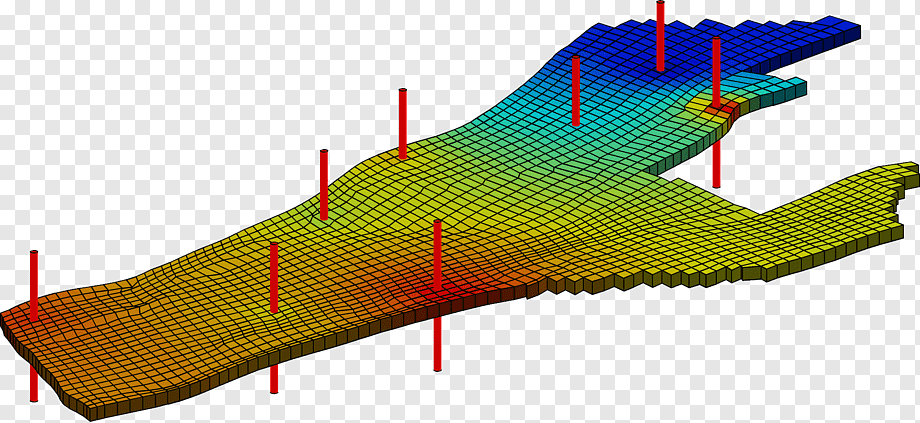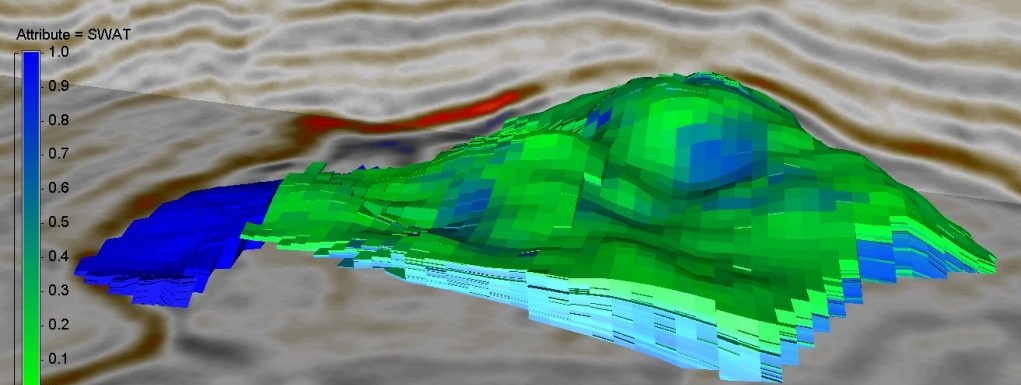

By the end of this course delegates will be able to:
Geologists, Petro physicists, reservoir engineers, production engineers who are interested in obtaining an overview of simulation technology and how simulation fits into the reservoir development and optimization process, Geologists.
CDGA attendance certificate will be issued to all attendees completing minimum of 80% of the total course duration.
| Code | Date | Venue | Fees | Register |
|---|---|---|---|---|
| DE125-02 | 03-05-2026 | Riyadh | USD 5450 | |
| DE125-03 | 17-08-2026 | Istanbul | USD 5950 | |
| DE125-04 | 01-11-2026 | Dubai | USD 5450 |

Naturally fractured reservoirs present unique and specialized challenges to hydrocarbon extraction. This course seeks to confront many of these challenges by providing an introduction to the engineeri ...

This 5-day course has been designed to assist understanding the development and application of reservoir fluid information in reservoir studies, production operation and recovery processes. PVT (Pres ...

A successful exploration and exploitation project requires efficient use of an integrated, multi-disciplinary team. This training course examines how such a team should be structured, what questions s ...
Providing services with a high quality that are satisfying the requirements
Appling the specifications and legalizations to ensure the quality of service.
Best utilization of resources for continually improving the business activities.
CDGA keen to selects highly technical instructors based on professional field experience
Since CDGA was established, it considered a training partner for world class oil & gas institution
3012, Block 3, 30 Euro Business Park, Little Island, Co. Cork, T45 V220, Ireland
Mon to Fri 09:00 AM to 06:00 PM
Contact Us anytime!
Request Info